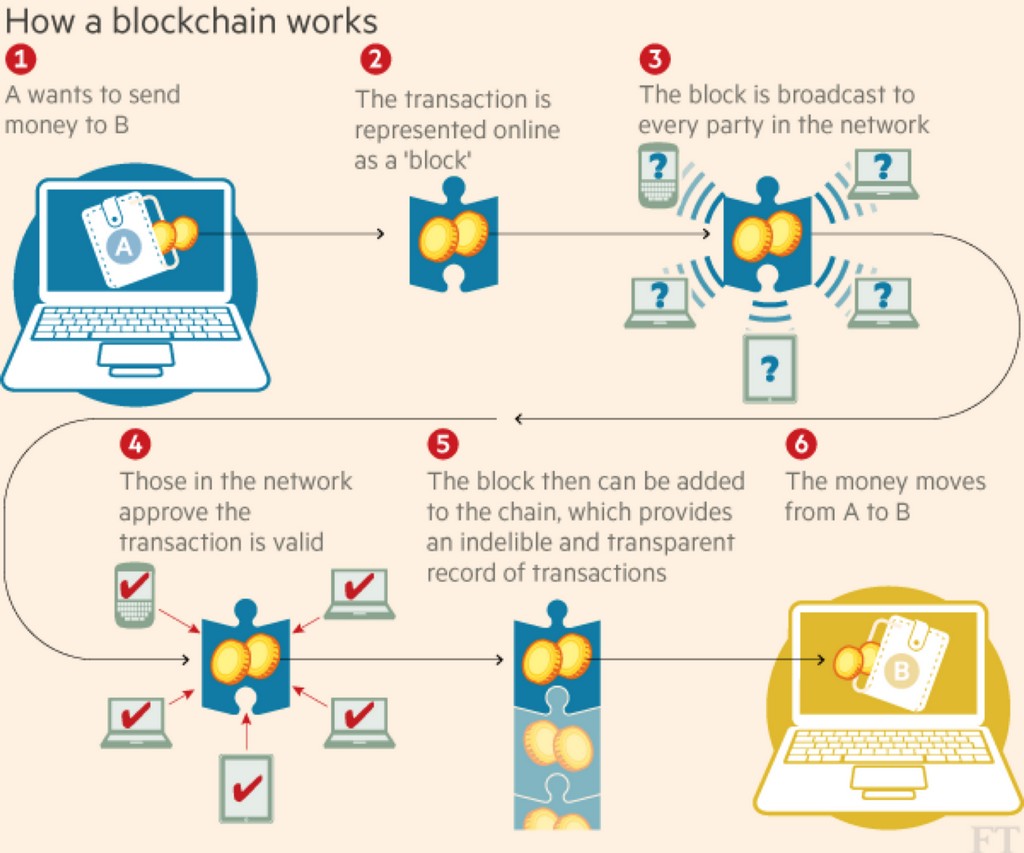
Blockchain was invented by Satoshi Nakamoto in 2008, but 2018 is the year it reached mainstream attention.
Today, most of us, especially those with internet access, have heard the term, especially when used in conjunction with crypto currencies such as Bitcoin and Ethereum.
Perhaps, because of the association of blockchain with these crypto currencies, you may be a little dubious as to how they could benefit non-profit organisations, charities and NGOs, but in fact there is a very strong case in favour of this technology.
But first we need to understand what a blockchain is…
What is a blockchain and how does it work?

The simplest way to describe blockchain is that it is a digital accounting ledger.
The most significant feature of this ledger is that it is 100% immutable. In other words, once a transaction is recorded in the blockchain ledger, it cannot be unrecorded. In fact, the only way to modify a transaction is to create another transaction.
This is how traditional accounting is supposed to work but there is no foolproof method to protect this as emphasis is placed on the integrity of the accounting profession to self-govern and we know how that has turned out!
You may wonder though, who controls the digital ledger?
Without getting too technical, the blockchain shares the ledger and all its transactions with every computer subscribed to its network, so no single entity controls the data.
You may also wonder how this information is verified.
When another computer solves a cryptographic puzzle and confirms that the solution is the correct intended solution from before the data was encrypted or ‘hashed,’ this is then deemed a verified transaction.
How blockchain may benefit non-profits, charities and even NGOs
One word…
Transparency!

Perhaps the biggest challenge of any non-profit or non-governmental organisation is to repeatedly convince its donor base that their contributions are being effectively utilised and the impact their money has.
William Shawcross, chairman of the Charity Commission, maintains that trust in financial institutions has been on a steady decline since 2005 and there has been a 15% decrease in public confidence on non-profit organisations.
One way to ensure a degree of transparency as an NPO, is to not only ‘fight the good fight,’ but also to ‘tell the good story.’”
I’ve touched on this in a previous blog called The power of a good story.
But ultimately, financial transparency and due diligence are two pillars of running a reputable NPO and blockchain technology may just be the future for this.
Benefits of blockchain for non-profits in a nutshell
By the very nature of how blockchain works, a public-based ledger assures complete transparency for a non-profit and its donors.
The other primary benefit, although slightly contestable and dependent on future global legislation, is the decentralization of the financial system. Simply put, this technology bypasses the need for a central bank to verify transactions and, in fact to do a transaction.
No third party is required for any transaction including banks, governments or foreign exchange institutions. The saving on transactional fees alone can be immense and for global transactions, foreign exchange rates are non-existent.
There is one primary concern by naysayers to this technology, however.
The processing power required by computers on the network to ‘mine the transactions’ is very demanding, although this article published by Forbes in 2018, called ‘Bitcoin Mining Uses As Much Power As Ireland. Here’s Why That’s Not A Problem’ puts some of the concerns into perspective.
Currently claims are that Bitcoin mining accounts for 1% of the world’s energy consumption.
In today’s world, technology is a key component to running a successful NPO or NGO.
From the power of social media, vlogging, content marketing and crowdfunding, the tools of the digital age, if used efficiently can improve the lives of many.
Blockchain may just be the next piece of the puzzle.
Sources:
Blockchain Is Reestablishing Trust In Nonprofits
Blockchain For Nonprofits: Decentralized Social Impact
How Much Power It Takes to Create a Bitcoin
Bitcoin Mining Uses As Much Power As Ireland. Here’s Why That’s Not A Problem